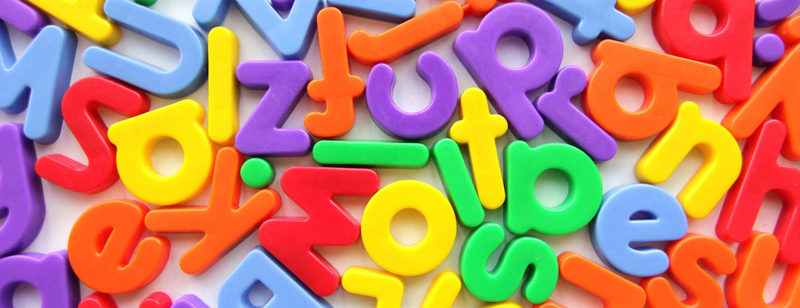Sign up for the daily CJR newsletter.
When copy editors get together, the conversation often centers on language, and all-but-fisticuffs can break out when there are disagreements over grammar, spelling, and style.
It was no different at a recent conference of editorial freelancers. So, not surprisingly, one of the keynoters, Mary Norris, a copy editor for The New Yorker, was challenged for some quirks of that magazine. Yes, the magazine italicizes publication names but puts book titles in quotation marks without italics. Yes, it uses a dieresis over words like “coöperation” (and spells that mark “diaeresis”). So what? That’s New Yorkerstyle, Norris says, and it will change when it changes—or never.
One questioner was particularly chagrined. Why, this editor asked, does The New Yorker insist on doubling some consonants before suffixes, as in “travelling,” when that is “clearly wrong”? “The rules on doubling consonants,” the questioner said, “are…” At which point we stopped listening, because the “rules” are so convoluted and so riddled with exceptions that they are not worth learning. At least not as “rules.”
Here are some of those “rules,” written for students who are not native English speakers. The first one is this:
Rule 1: Words ending with a Consonant-Vowel-Consonant Pattern
One-syllable words:
ED = If the word ends in a CVC pattern, it gets a double consonant + ED. *note
ING = If the word ends in a CVC pattern, it gets a double consonant + ING. *note
Examples:
- ED = RUB > rubbed, STOP > stopped
- ING = HOP > hopping, SIT > sitting
*note: Words ending in w,x,y,z do not follow this rule, simply add ED, or ING
Examples: snow >snowed, box > boxing, play > playing
Is it any wonder English is so hard to learn?
The words that give us the most trouble end in consonants followed by a suffix like “ed,” “ing,” “er,” and the like.
Let’s deal first with the words that don’t end with an “l,” because those are exceptions with exceptions. If you must know, the basic guideline is to double the consonant if it is preceded by a vowel sound that is a single letter. So someone who owns a “ship” might be a “shipper,” but the person in the “lead” is the “leader.”
The exceptions arrive quickly. If the final syllable of a word is stressed, its consonant is doubled regardless of the vowel sound, as in “occur/occurrence” (the latter being frequently misspelled). But even if the last syllable isn’t stressed, it might get a double consonant, as in “program/programmer.”
Then there’s “worship.” Because the “p” in “ship” is doubled with a suffix to become “shipper,” you’d think that someone engaged in “worship” is a “worshipper.”
Yes, one is a “worshipper” in The New Yorker and in The Associated Press, but one is a “worshiper” in The New York Times and The Chicago Manual of Style. Some dictionaries prefer one “p,” and some prefer two.
“Worship(p)er” is a victim of the confusion that can arise when there are too many “rules.” Generally, the final consonant is not doubled if the last syllable is not accented (in American English, that is), as in “listen/listener.” That means “worshiper” should be a no-brainer. For whatever reason, though, as Bryan A. Garner says in Garner’s Modern English Usage, the single “p” never caught on in American English; the double “p” appears three times as often as the single.
Let’s move to the “l” problem, which is where British and American English diverge the most. someone is a “jeweller” there and a “jeweler” here; a legal document is “initialled” there and “initialed” here. And a favorite TV show is “cancelled” there and “canceled” here. Most words that end in “l” add a second one before many suffixes that begin with vowels.
Except.
In The New Yorker and Chicago style, the show is “cancelled.” Just to play with your head more, everyone uses “cancellation.” And though many dictionaries, The New York Times, The New Yorker, and the Moon prefer “tranquillity,” many people seem to prefer “tranquility.”
The important thing to remember, as we say so often, is that sometimes things are not necessarily “right” or “wrong,” just a matter of choice or style. With doubled consonants before a suffix, the answer sometimes is simply “it depends.” Or, maybe, you could look it up.
So the next time someone complains that the “rules” of double consonants aren’t being followed, quote this column’s rules of (dis)order, and see if you can get your critic sniffling—or sniveling—in apology.
Has America ever needed a media defender more than now? Help us by joining CJR today.







